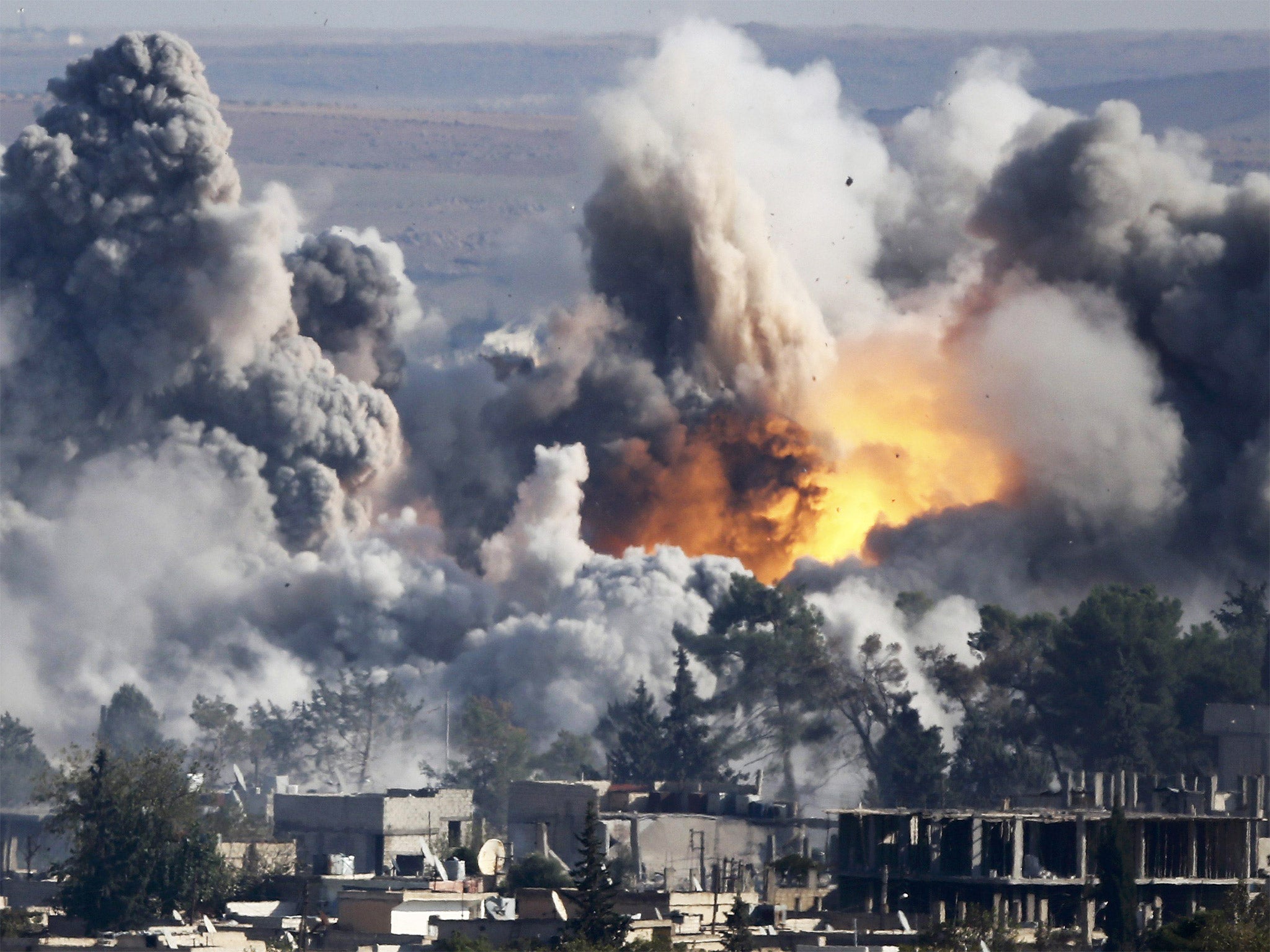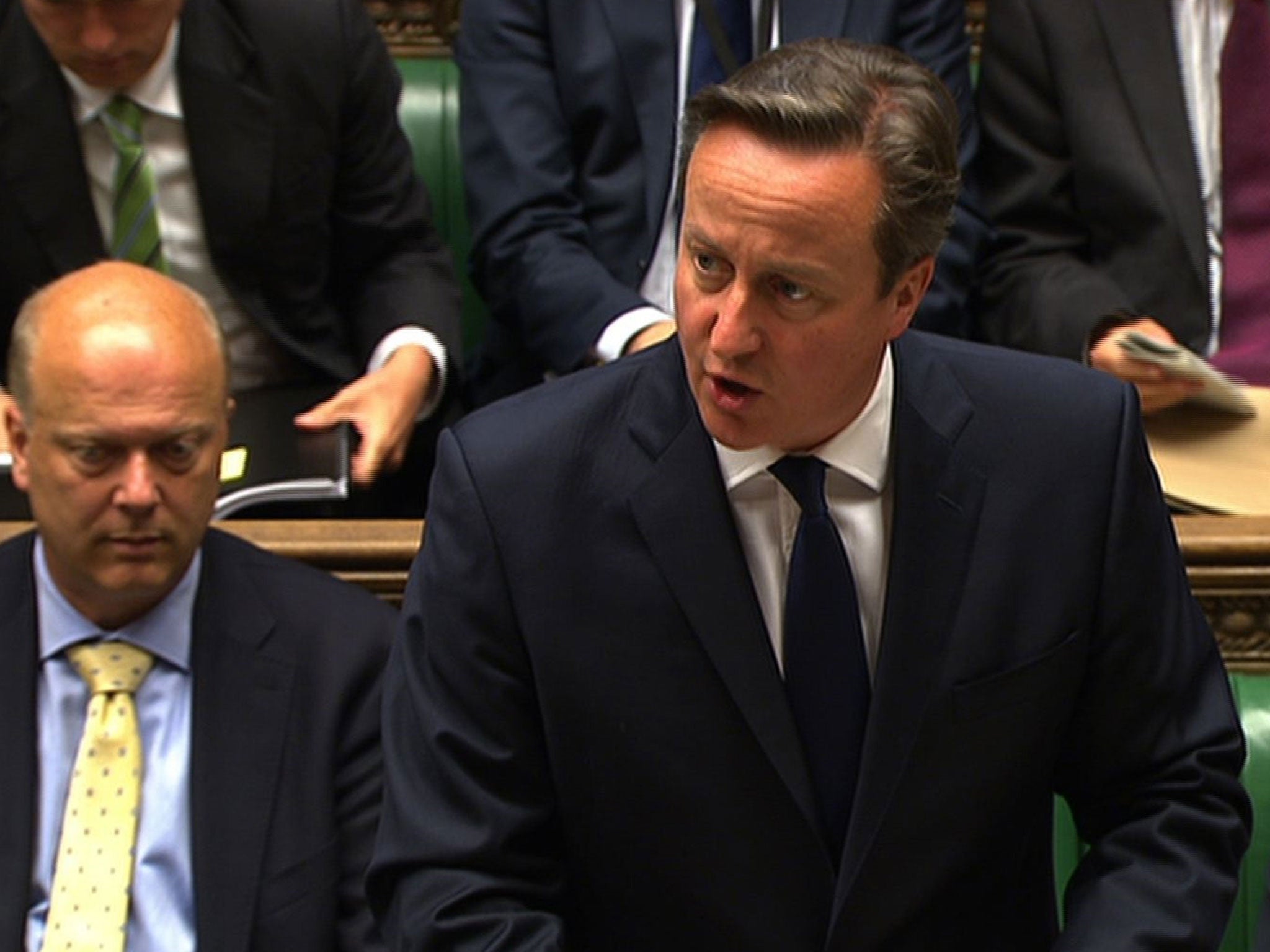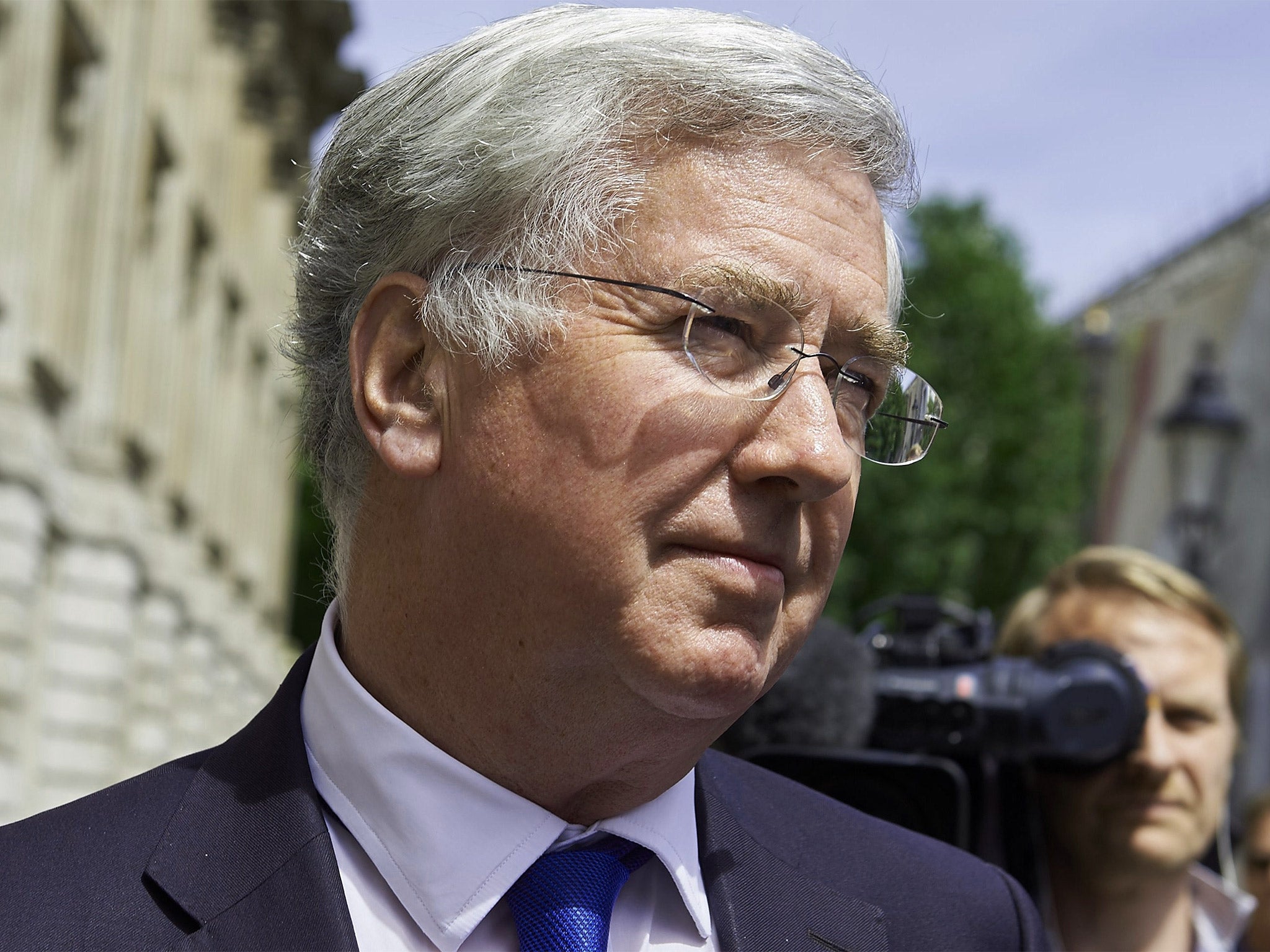Bomb Syria and we have to choose between evils of Isis and Assad, Cameron warned
Prime Minister wants MPs to reconsider taking military action in Syria

Your support helps us to tell the story
From reproductive rights to climate change to Big Tech, The Independent is on the ground when the story is developing. Whether it's investigating the financials of Elon Musk's pro-Trump PAC or producing our latest documentary, 'The A Word', which shines a light on the American women fighting for reproductive rights, we know how important it is to parse out the facts from the messaging.
At such a critical moment in US history, we need reporters on the ground. Your donation allows us to keep sending journalists to speak to both sides of the story.
The Independent is trusted by Americans across the entire political spectrum. And unlike many other quality news outlets, we choose not to lock Americans out of our reporting and analysis with paywalls. We believe quality journalism should be available to everyone, paid for by those who can afford it.
Your support makes all the difference.David Cameron has been warned that going ahead with air strikes in Syria would force the UK to choose the lesser of two evils: Isis or President Assad.
The Prime Minister believes MPs should reconsider whether to take military action in Syria due to the growing threat of Islamic extremism emanating from the country.
But Julian Lewis, chair of the Defence select committee, said it was impossible to intervene in Syria without helping either the Islamic terrorists in the north of the country or President Assad's regime.

MPs are taking part in a debate about Britain's security in the face of a growing threat of Islamic terrorism. Michael Fallon, the Defence Secretary, has urged Parliament to re-think how to tackle an "evil caliphate" that did not respect national borders.
“It is a new Parliament and I think Members of Parliament will want to think very carefully about how we best deal with [Isis] and the illogicality of [Isis] not respecting the borders,” he said.
Parliament voted against taking military action against President Assad's regime in 2013 after Ed Miliband decided to oppose the move - much to the frustration of ministers. Last year MPs backed air strikes against Isis targets in Iraq but now the government is considering the prospect of extending those air strikes to targets in Syria too.
The government believes there is a case for MPs to reconsider military action in Syria due to the atrocities Isis has carried out on British citizens, including the horrifying massacre by an Islamic terrorist on a beach resort in Tunisia last week that left 30 Britons dead.
Speaking in the Commons, Mr Lewis asked Mr Fallon: "In 2013 the government wanted to remove Assad without helping Al-Qaeda or similar groups that later became Daesh [the Arab name for Isis].
"Now, we apparently want to remove Daesh but without helping Assad. These two things are incompatible - it is a choice of evils; which does my right honourable think is the lesser of those two evils?"
Mr Fallon replied: "Nobody in this House, I don't think, wants to see the Assad regime continue for a day longer than is necessary; we want Assad to go but we're equally clear that Isil operations in Iraq and elsewhere and probably in Libya are being directed from northern Syria and we already have American air strikes being carried out in northern Syria, we already have air strikes being carried out by other gulf countries."
Vernon Coaker, Labour's shadow defence secretary, said his party would "carefully consider any proposals the government decides to bring forward" to tackle the threat of Islamic extremism in the Middle East.

It is a sign that Labour is ready to back taking military action in Syria after Mr Miliband decided to oppose it under his leadership. The government needs the backing of the Labour party on the issue because a number of Tory backbench MPs oppose taking military action in Syria and with a slim majority of just 12, Mr Cameron cannot be guaranteed of winning a Commons vote.
Meanwhile, the BBC said it would continue to use the term Islamic State (IS) to describe the militant group, despite calls from the Prime Minister for it to change its terminology.
In an open letter to more than 120 MPs who asked for the broadcaster to use the term Daesh instead, Lord Hall rejected using a “pejorative name coined in Arabic by its enemies”.
Subscribe to Independent Premium to bookmark this article
Want to bookmark your favourite articles and stories to read or reference later? Start your Independent Premium subscription today.
Join our commenting forum
Join thought-provoking conversations, follow other Independent readers and see their replies
Comments